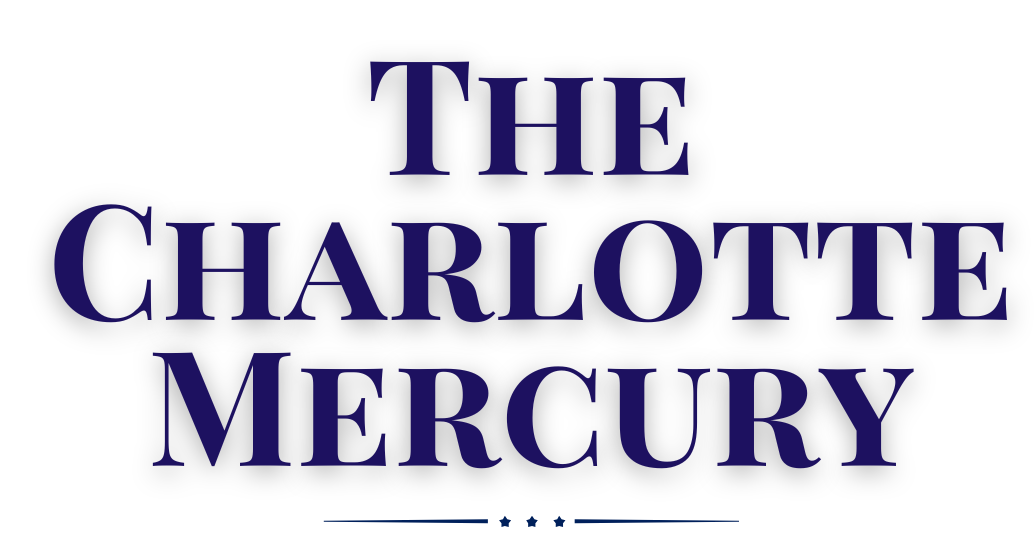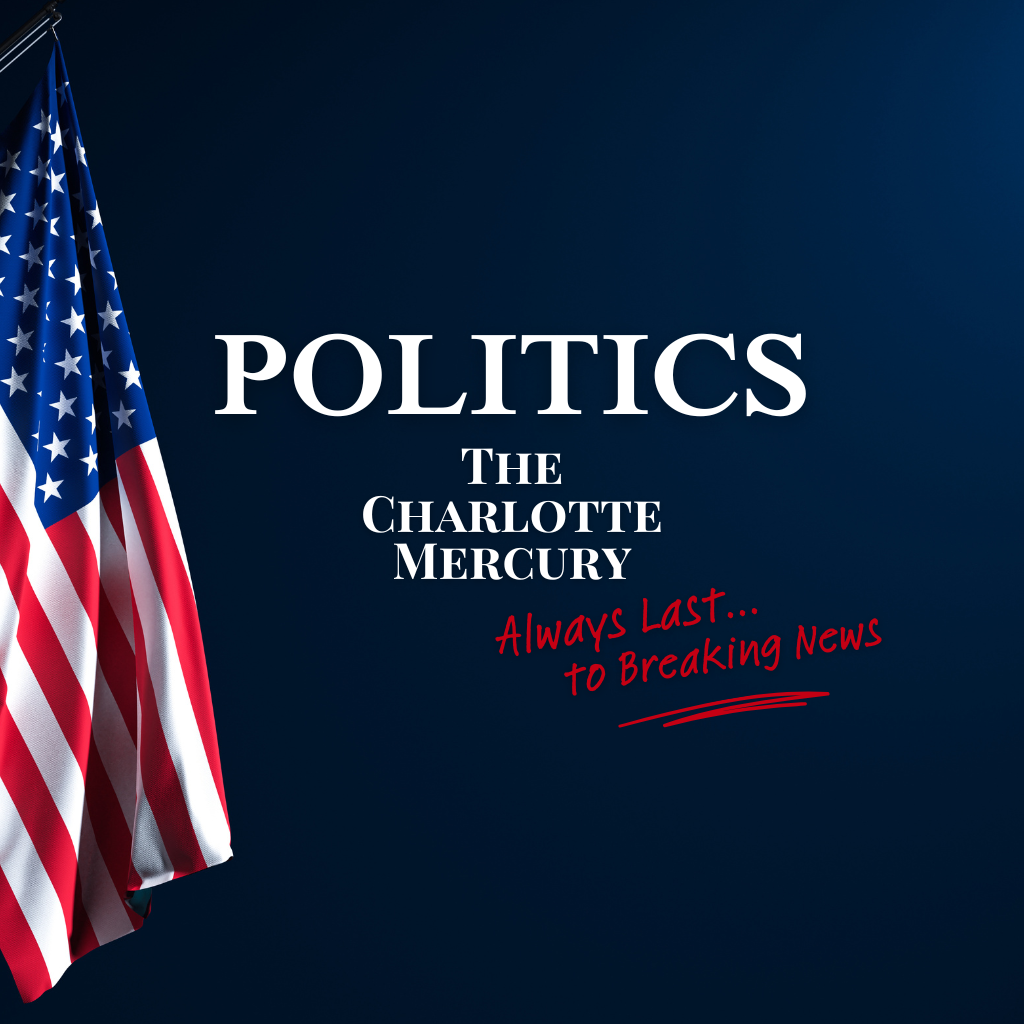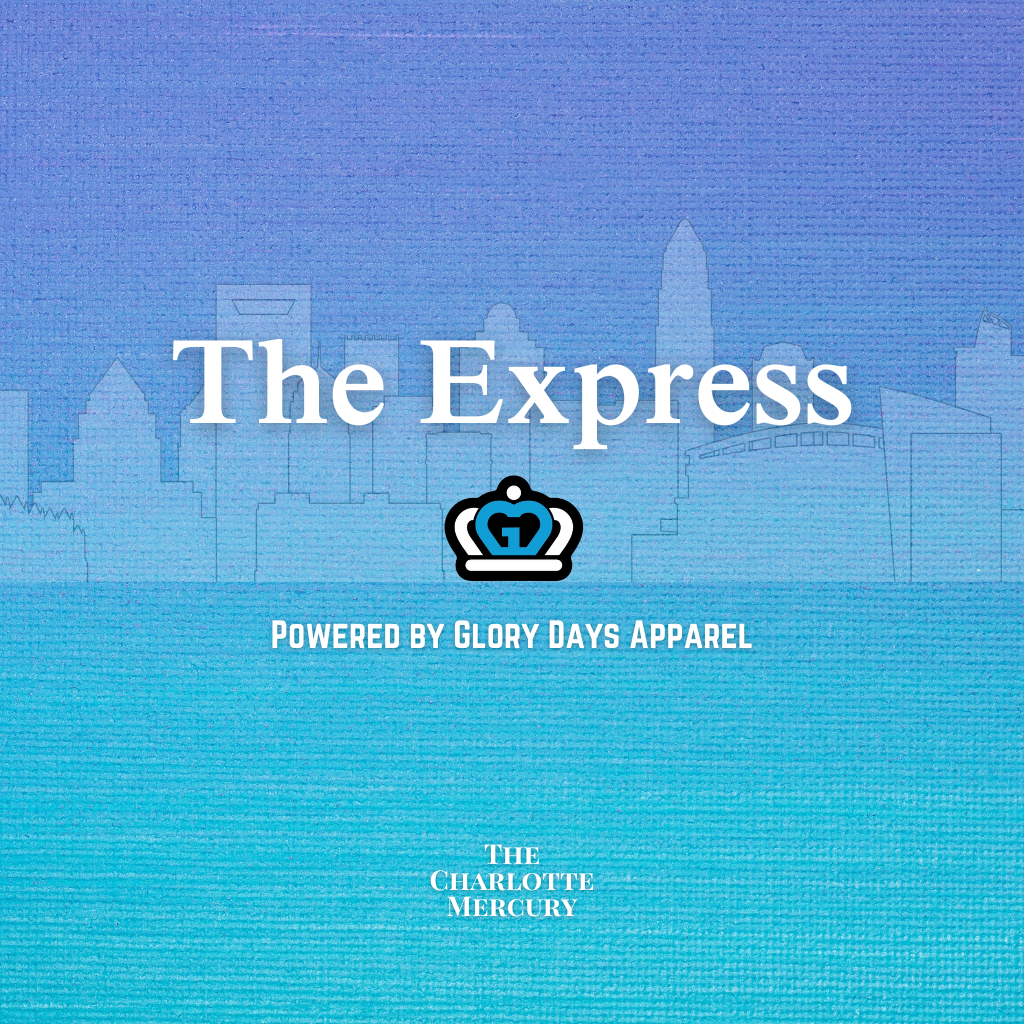Oval Office Clash: Poll Shows Surprising Voter Reactions and Political Fallout
Trump and Vance Win the Argument, But Zelensky Retains Favorability
By Jack Beckett, Senior Writer, The Charlotte Mercury
In a dramatic Oval Office confrontation, President Donald Trump and Vice President J.D. Vance squared off against Ukrainian President Volodymyr Zelensky in front of rolling cameras. What started as a diplomatic meeting quickly turned into a high-stakes foreign policy battle, with the world watching.
Who won? Who lost? And how are voters reacting to this rare moment of raw, unscripted diplomacy?
A first-of-its-kind rapid-response poll by David Burrell of WIC surveyed 1,000 registered voters—all of whom watched the full 11-minute clash before answering. The results reveal a complicated picture:
- Voters thought Trump and Vance had the stronger argument.
- A majority found Zelensky’s remarks offensive.
- Despite this, Zelensky still holds the highest favorability among all leaders surveyed.
- The U.S. is seen as overwhelmingly holding leverage over Ukraine.
- Trump’s post-meeting statement was received positively.
📊 Watch the full exchange here.
Voters Side With Trump and Vance on Diplomacy
Before watching the video, respondents were asked about the Ukraine-Russia war:
- 55.1% said Ukraine should negotiate an end to the war.
- 30.8% favored continuing the fight until Ukraine achieves total victory.
- 50% agreed Ukraine would have to cede territory to achieve peace.
After watching the Oval Office exchange, even more voters aligned with Trump and Vance’s position. When asked who had the stronger argument, the majority sided with the U.S. over Zelensky.
“This is not a pro-Russia audience. This is not a pro-Trump audience,” Burrell explained.
Yet, the numbers show a growing skepticism about indefinite U.S. support for Ukraine’s war effort—an issue that is likely to shape the 2024 election.
Zelensky’s Comment on U.S. Security Backfires
One of the biggest takeaways from the poll centers on Zelensky’s remark that while the U.S. has an ocean separating it from the war, that distance wouldn’t protect it forever.
- 62% of voters found the comment offensive.
- 37.7% thought it was not offensive at all.
Trump immediately jumped on the remark, telling Zelensky not to lecture Americans about their own security. This exchange landed badly for Zelensky—even among voters who otherwise support Ukraine.
Why does this matter? The U.S. public may still back Ukraine, but this poll suggests that Zelensky’s approach to securing that support is no longer working.
Did Trump and Vance Seem Authentic?
Despite deep polarization on Trump’s foreign policy, 49.3% of voters believed that he and Vance were authentic in their desire for peace. That number is higher than Trump’s usual approval ratings, indicating that his argument landed with some independents and moderate voters.
“Typically, these responses fall directly along party lines. This time, we saw movement,” Burrell noted.
In short: Trump and Vance may have expanded their appeal on foreign policy—a topic where they have traditionally struggled.
Who Holds the Leverage? Voters Say the U.S. Has the Upper Hand
Voters were asked: Who has more power in the U.S.-Ukraine relationship? The results were clear:
- 70% said the U.S. holds the leverage.
- Only 30% said Ukraine has negotiating strength.
This is an uncomfortable statistic for Zelensky, who has framed Ukraine as a partner, not a dependent. But the numbers suggest that Americans see this differently—potentially weakening future arguments for unlimited U.S. aid.
Trump’s Post-Meeting Statement Gets Favorable Reviews
Trump followed up the meeting with an official statement, reinforcing his position that Ukraine must compromise for peace.
- Voters didn’t just approve of his stance inside the room—they also approved of how he framed it afterward.
“We’re looking at a rare moment where Trump won both the substance and the spin,” Burrell said.
This suggests that public opinion on Ukraine may be shifting, with voters becoming more open to negotiation rather than continued conflict.
Vance’s Role: Calculated Move or Spontaneous Debate?
Vice President J.D. Vance played a far more aggressive role in the conversation than what is traditionally expected of a VP.
- Vance initiated the confrontation with Zelensky.
- Zelensky called him “J.D.” — breaking formal protocol.
- Trump jumped in to defend his VP, escalating the exchange.
Former North Carolina Governor Pat McCrory pointed out that vice presidents rarely take center stage in diplomatic meetings.
“If someone else speaks up, it better be well-planned. Otherwise, it derails the conversation,” McCrory noted.
This raises a big question:
Was this a rehearsed moment to elevate Vance, or did he go rogue?
One thing is clear: Vance’s role in the MAGA movement is growing.
What Comes Next?
This unexpected moment could have ripple effects:
- Ukraine aid debates will heat up. If this poll is an indicator, public patience is wearing thin.
- Vance is emerging as a major player. His aggressive role signals that he isn’t just a VP—he’s a future contender.
- Trump’s diplomatic approach is changing. This event redefined what foreign policy debates look like in the Trump era.
📊 Watch the full exchange here.
Brought to You by Glory Days Apparel 👕🔥
Speaking of signature moments, Charlotte knows great branding when it sees it—whether it’s a political maneuver or a perfectly designed T-shirt.
That’s why we’re proud to be backed by Glory Days Apparel—Charlotte’s go-to for nostalgia-fueled fashion.
📍 Visit their store: 2202 Hawkins Street, Charlotte, NC 28203
📲 Shop online: glorydaysapparel.com
Once it’s gone, it’s gone. Don’t miss their limited drops.
☕ Jack Beckett, Senior Writer
Fueled by black coffee and the existential dread of another Panthers losing season.
📬 Got thoughts? Message us on X (or as we call it—Twix).








